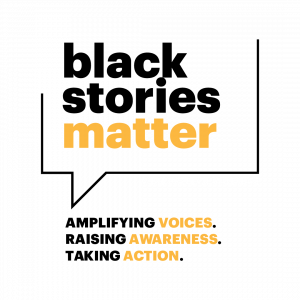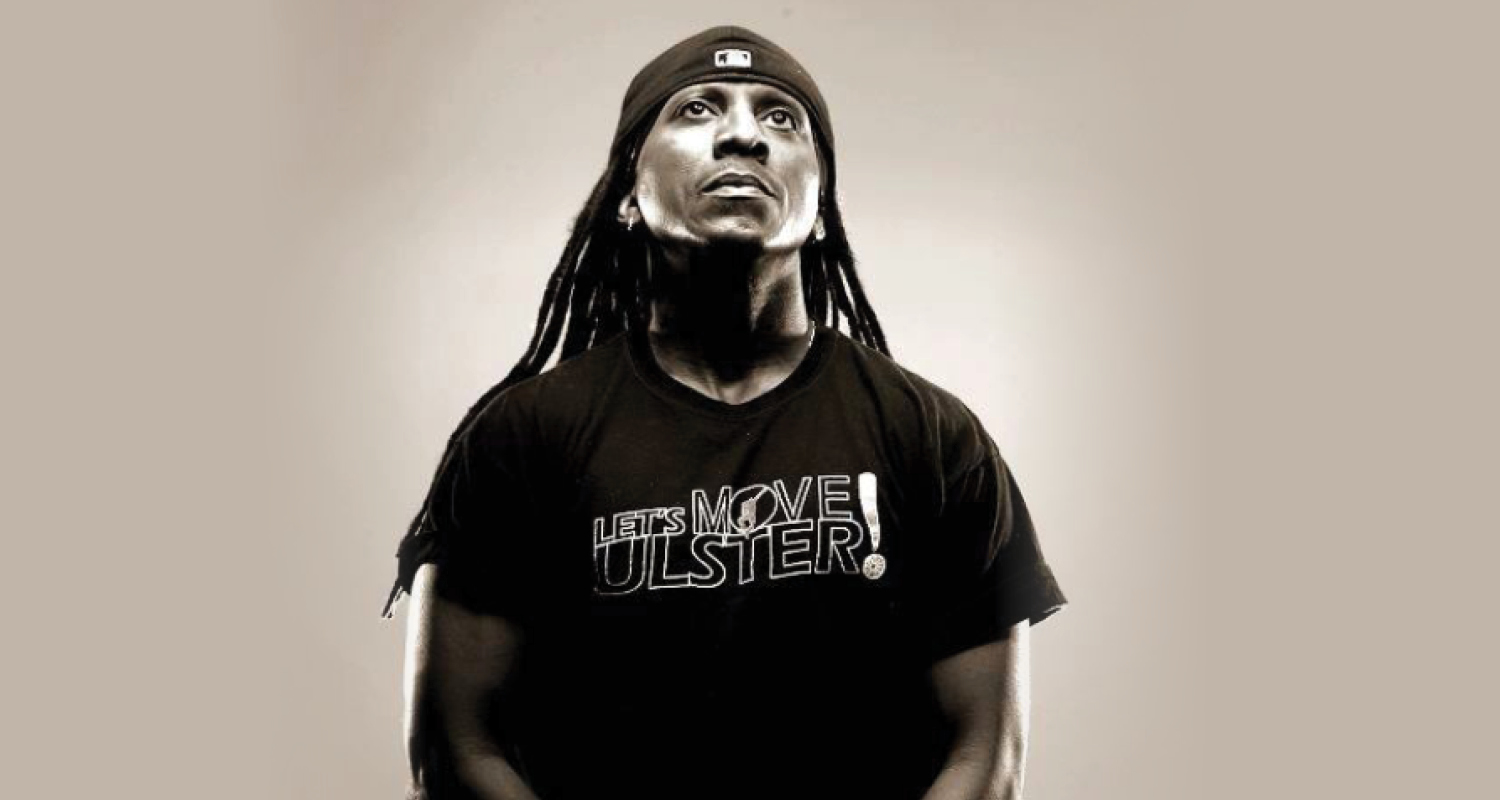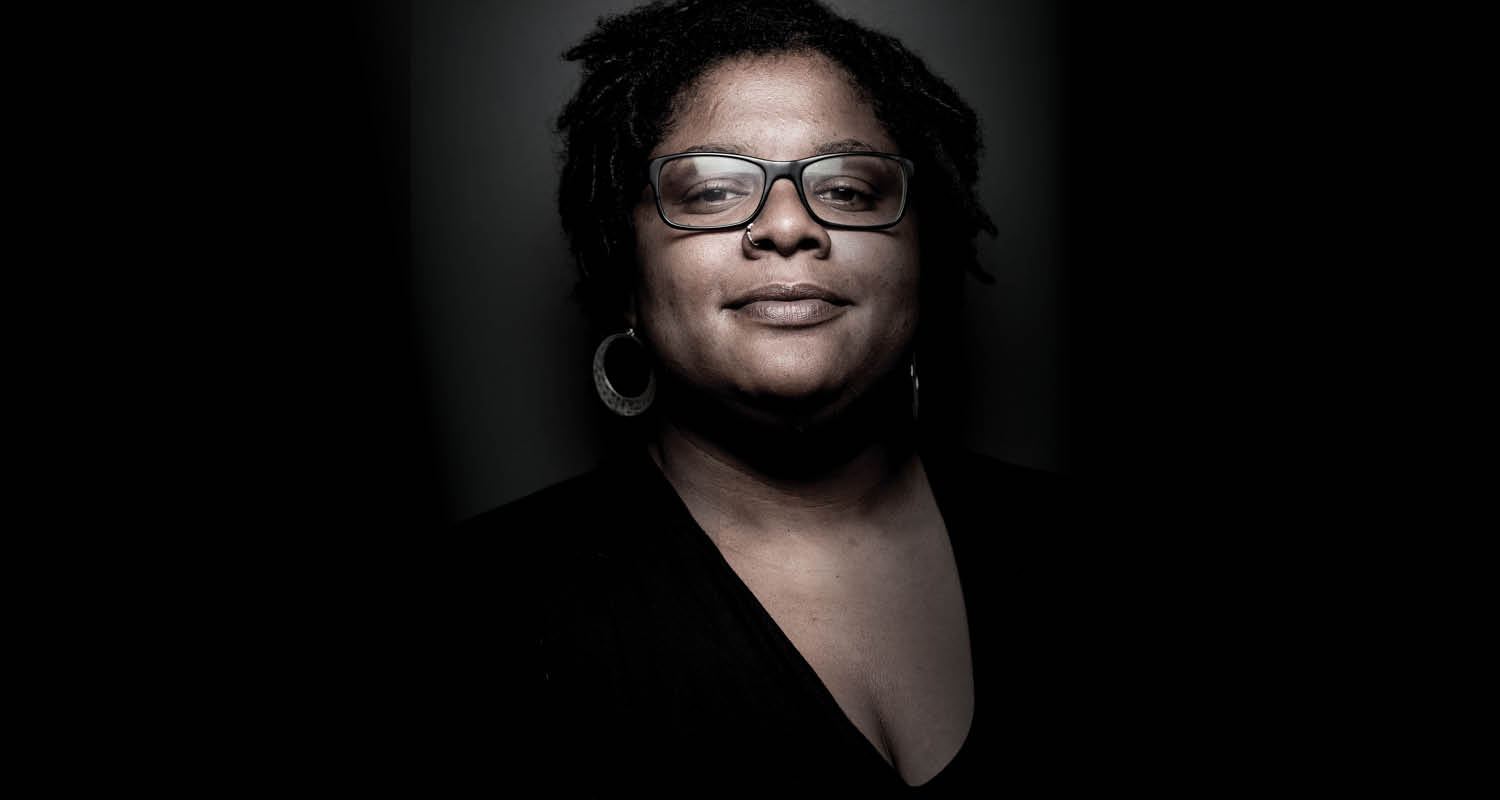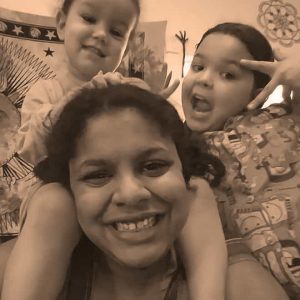Drew (he/him)
Every time Drew leaves his house, he has to mentally and emotionally prepare himself for the backlash from society.
#blacklivesmatter #blackstoriesmatter #defendblacklives
I’ll walk into a room filled with white people. Whether I’m the one who initiated the meeting or not, the entire conversation will be directed toward my white counterparts, with an occasional glance in my direction to acknowledge I’m in the room.
As soon as I leave my home, I walk around bracing myself, as if I’m about to get hit by Mike Tyson. I have to mentally and emotionally prepare myself for society’s continual blows – people looking, acting, and speaking to me as if I don’t belong. I wonder if it’s just me or if I’ve inherited PTSD from the trauma passed down from my ancestors, from slavery — steeped in my genes and part of my DNA? Or am I just paranoid? I ask myself these questions every day as I prepare for the inevitable.
Someone will ignore me while I’m patiently waiting in line. I’ll have that stupid smirk on my face; I won’t be able to speak up and say, “excuse me” or else I’ll be looked at as overly aggressive and labeled “The Angry Black Man!”
I’ll walk into a room filled with white people. Whether I’m the one who initiated the meeting or not, the entire conversation will be directed toward my white counterparts, with an occasional glance in my direction to acknowledge I’m in the room.
I’ll graciously hold the door open for a white person, and they’ll look at me as if that’s what I’m supposed to do. There is no “Thank you.” They’ll just continue walking.
I’ll drive the speed limit as I always do. The person behind me will be in a rush. I’ll pull over to let them pass, and they’ll roll down their window and shout, “Stupid Nigger!” Then speed off.
So I’ll ask again: Is it me? Am I just paranoid, or does society conspire against blacks? Are white people taught to be racist and are blacks taught to question and hate themselves and each other?

Want More Black Stories Matter Content?
Stories have the power to increase visibility, raise awareness, change people’s hearts and minds, and inspire people to take meaningful action. We are making every effort to ensure all of our Black Stories Matter content is easily accessible, widely consumed, and is accompanied by tools to deepen the impact.
Listen: The TMI Project Story Hour, Season Two: Black Stories Matter, launches this fall. Learn more and subscribe to our podcast HERE
Host: a Black Stories Matter viewing party and discussion from anywhere in the world. Click HERE to learn more and sign up.
Share: TMI Project’s mission with Black Stories Matter is to elevate the underrepresented stories of the Black experience in America – the full spectrum – the triumphs, humor, beauty, and resilience. Click HERE to submit your story to be featured on the TMI Project blog.



